NRL
A milestone of sweat & tears
Fifty games? Easy.
As a young kid with a bit of talent, I didn’t really consider 50 NRL games to be that big a milestone. My brother, Sam, played more than 250 games for the Roosters and Bulldogs. That was the mark for me. Fifty was just a couple of good seasons.
I shake my head now at how I used to think.
It’s not so much the four years it has taken me to reach 50, but the things that have happened along the way. Stuck in a salary cap drama at the Bulldogs. Fearing I was about to die during pre-season with the Sea Eagles. It will feel like the end of a long, long journey when I bring up the half-century against the Raiders on Friday night – and hopefully the start of an even longer one. But you never know what’s around the corner …
LIVE stream every game of every round of the 2018 NRL Telstra Premiership. Get Foxtel & start watching in minutes. SIGN UP NOW >
Now I understand the point Corey Payne was trying to make to us a few years ago. Back when he was still playing for the Bulldogs, Corey told us the average career span in the NRL is 43 games.
What he was really trying to tell us was that this is a tough business. It doesn’t take much to find yourself on the wrong side of it – an injury, a fallout with a coach, the salary cap, anything. History is full of players who had tons of potential with little to show for it.
Knuckle down. Appreciate what you have.
I’ve learned a lot as a player and a person over the past four years.
And I’ll be proud to reach 50 this week.

THE SALARY CAP
It started with Des Hasler having a word to Sam. I’d just signed a four-year deal with the Bulldogs, but Des told my brother, ‘Lloyd’s not going to get the game time he deserves.’
Des told Sam not to tell me that but, knowing him, that’s absolutely what he wanted.
No one spoke to me. Not Des, nor anyone from the club. It wasn’t until my agent said to me, ‘It looks like they may have salary cap issues, they’ll need to let players go and you have interest from other clubs,’ that the reality of the situation hit me and they wanted me to go.
It got to a point where Des told me, ‘You won’t play first grade at this club for another three years,’ even though I had just signed a four-year contract and was named under-20s player-of-the-year two years before, reserve grade player-of-the-year that season. I had also been lucky enough to be part of the Queensland emerging Origin squad.
Again, there was no reason given. It was my second season of first grade. I’d already played 20-odd games as a 19, 20-year-old.
Bizarrely, after all that, I played first grade in the opening few rounds. It turned out that Danny Fualalo was out with vertigo for that fortnight and the Bulldogs were short.
After those two games, I wasn’t allowed to play any footy – not even reserve grade – until after June 30. They didn’t tell me why. But eventually I found out that it was likely they didn’t want me to get injured as other clubs were interested.
I was in a miserable state. I didn’t want to play football anymore. The love for the game was gone. I felt hopeless. All the control in my life had been taken away from me.
It didn’t matter what sort of player I was, or what contract I signed.

Sam convinced me to keep going. He would call every now and then to check on me. He said, ‘You do a job that you’re lucky to do, if you can think of the positives it will change your emotions towards it’.
After the June 30 window I got to play reserve grade again. I loved it. There’s none of the glitz and glamour of the NRL. Everyone who plays reserve grade is there because they love the game. Andrew Patmore was the coach. He was awesome.
In the end, the situation reached a stalemate. The Bulldogs finally conceded, ‘It’s about the salary cap, you can look for another club.’ I was gone in a matter of three or four days.
I got a call from Shaun Lane. He’s my roommate at the moment at Manly and was with me at the Bulldogs before. He asked, ‘Are you coming to Manly? Trent Barrett just asked me about you and wanted your number.’
That afternoon Bob Fulton and Baz called me. They said I was wanted at the club, that I would be playing first grade, that they knew I was a good player.
It felt amazing to hear that. All you need is one coach to have faith in you. I was in.
When I signed the release forms at the Bulldogs, Vince Costa, who was the CFO, said to me, ‘Lloyd, you can be proud of the way you handled this situation. This wasn’t your fault. You didn’t deserve this.’
I broke down in tears in his office.
This was two years ago. I would’ve been turning 21.
You never know in this game when you get the tap on the shoulder.
‘I’M GOING TO DIE’
I was pumped entering this pre-season.
I’d kept myself in good nick. I’d been given a training program from our head sport scientist, Dan Ferris, and stuck solid to that through the off-season. I was clocking good scores on my two-kilometre time-trials, and still being able to dead-lift and squat over 160kg.
I was ready to rip in for first day of official training.
We got hammered on that first day of pre-season with two-kilometre time-trials. Usually you only do one, but we did three with only one-minute breaks between runs.
I was pretty stoked with the first one. I did around 8 minutes 20 seconds which is a good score for me. My best ever is about 8 minutes 7 seconds. For the first day back of pre-season that was pretty good.
I was blown out after the second one. I clocked about ten minutes.
I don’t remember anything from the third.
The story, as it was told to me, was that we were three laps in. I wasn’t staying on the track. I cut straight across the middle of the field at the Sydney Academy of Sport in Narrabeen.
The boys said it looked like I was going limp on one side of my body. Then I fell over. They called the physio. He said, ‘Are you OK?’
Apparently I told him my left knee was sore, because I’d had surgery. He said, ‘Well, try your best and see how you go.’ I don’t recall any of this.
Apparently I got up, ran 50 metres further and fell flat on my face.
The next thing I remember is waking up in Mona Vale Hospital.
History is full of players who had tons of potential with little to show for it.
When I first woke up, I thought, ‘I’m going to die.’
There were six or seven people gathered around me. They were all fussing, all in a rush, and they looked stressed. I figured something serious must have happened. There was a lady putting wet towels on my head. She would take them off after ten seconds because they would go hot and replace them with another cold one. Other people were flashing lights in my eyes, prodding and poking me.
Someone said to me, ‘You’ve had a seizure.’
‘That’s weird,’ I thought. ‘I must’ve been at the gym with my wife on the Gold Coast and fallen off the treadmill.’
I couldn’t even remember that I was back in Sydney, back in pre-season.
For the next three days, I underwent all sorts of tests. Hearts scans. Brain scans. MRIs. They did heart traces on me every hour, which meant waking me up all through the night. There were so many blood tests.
They eventually told me I had heat stroke. All my organs had been cooked.
THE RELAPSE
When I got home, I dragged my mattress into the living room and plonked it under the air-conditioning. If I got up to change the TV channel, I would get dizzy and spew. I couldn’t eat for two weeks. I lost eight kilograms. It was scary. All I could do was lie on my mattress and stare at the ceiling, basically.
I ended up missing six weeks of the pre-season. And even then, I had to very slowly get myself back into it. I felt like I was a million miles away from playing footy. I was a long, long way behind the other boys in our pre-season drills.
I started feeling good about things by the Christmas break. I got married. I was training. I thought, ‘I’m back to normal.’
I wasn’t.
I finished our first pre-season session of the new year. We were in a team huddle and I remember my eyes felt like they were shaking. I couldn’t see. Brian Kelly was next to me and I said, ‘I need to get to the shade.’ And then I said, ‘No, I’m alright,’ and tried to fight it for about 30 seconds.
The coach was talking and I had to walk away. I went to a tree and pretty much collapsed. I was struggling to breathe.
This time around everyone knew what was happening. They gave me some ice bags and put me on oxygen. I went and sat in the ice bath for 15 minutes up to my neck.
I underwent a whole bunch of heat chamber tests at the University of NSW – sitting on a treadmill at 40 degrees and 40 per cent humidity for three hours – and had to swallow a thermometer one night.
In the end, the specialist said he’d discovered that my base core temperature is 20 to 25 per cent higher than a normal human. It’s not a problem, but you can take precautions.
I now take active steps to prevent another meltdown. I hydrate before and during exercise. I take ice baths before games and big training sessions. Sometimes I will take one at half-time, too, and I wear an ice vest during breaks and after every game. I ice my femoral arteries after every session.
I’m now 100 per cent fit and back to the best conditioning I’ve ever been in. With more game time I can only improve.
After everything I’ve experienced and all that I’ve learned over my 49 first grade games, I can’t wait to immerse myself in my footy and see where it takes me.
More about: Canterbury Bulldogs | Manly Sea Eagles
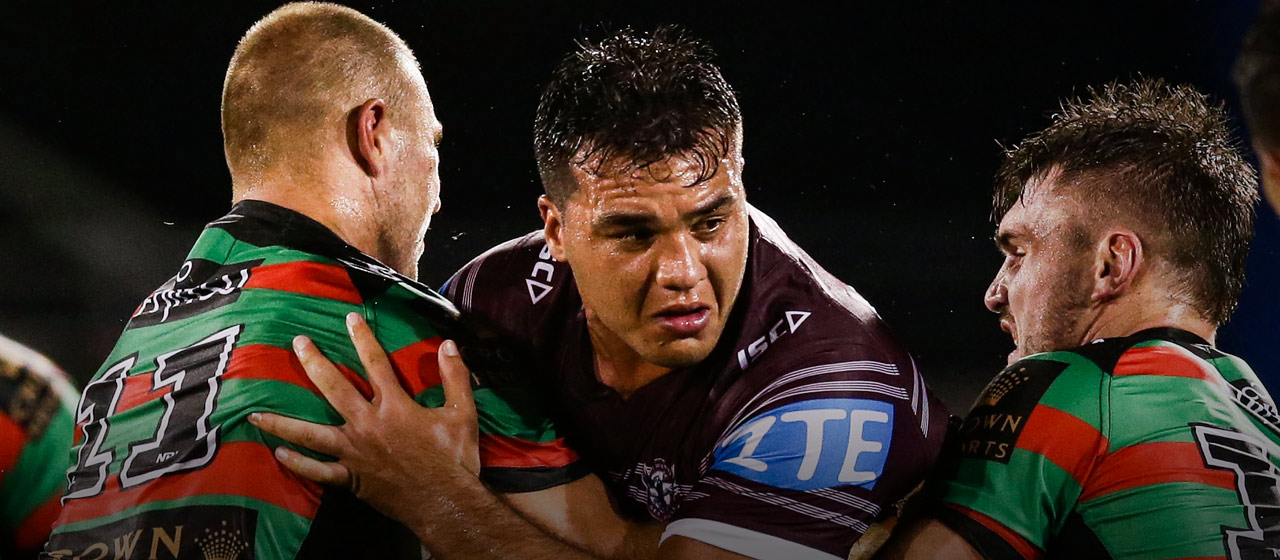
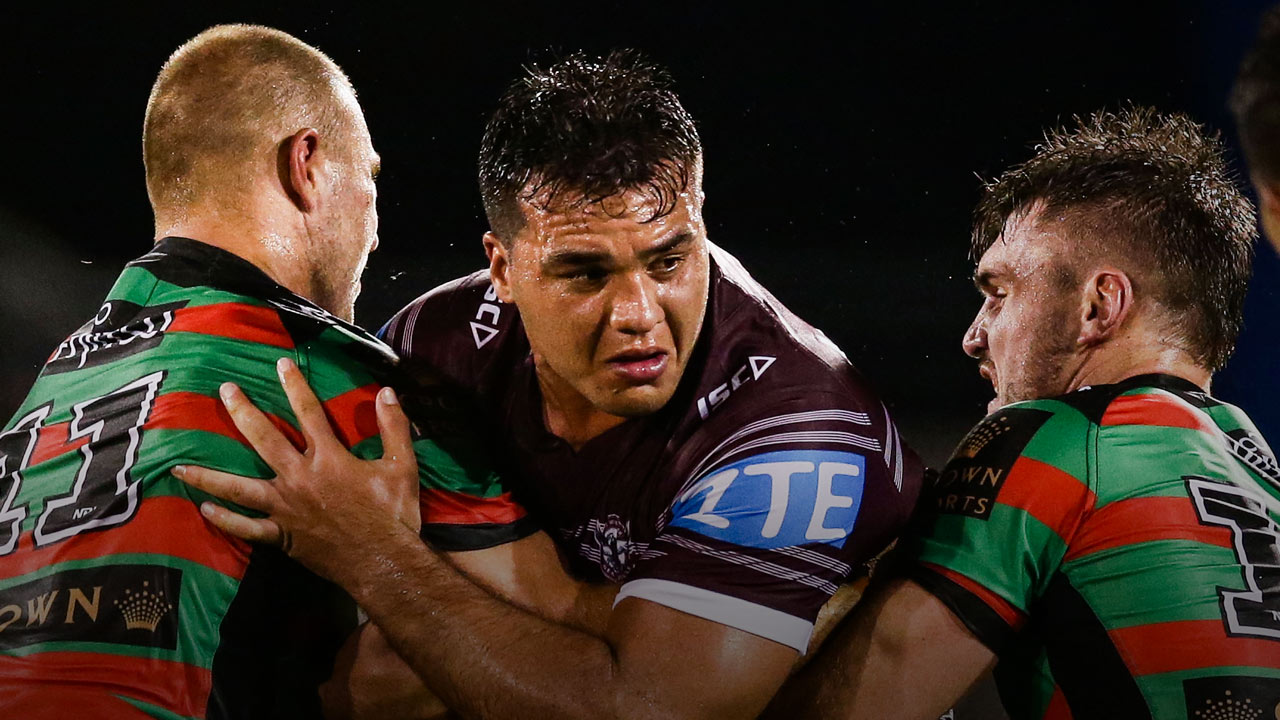

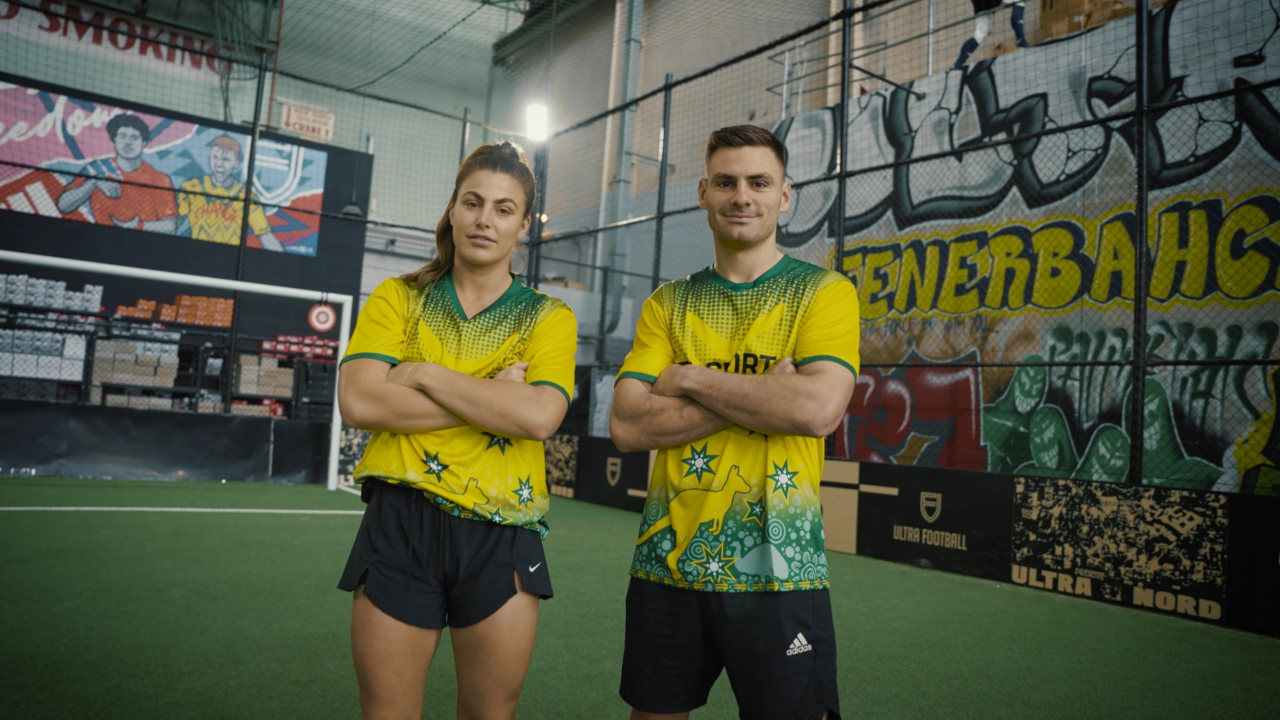
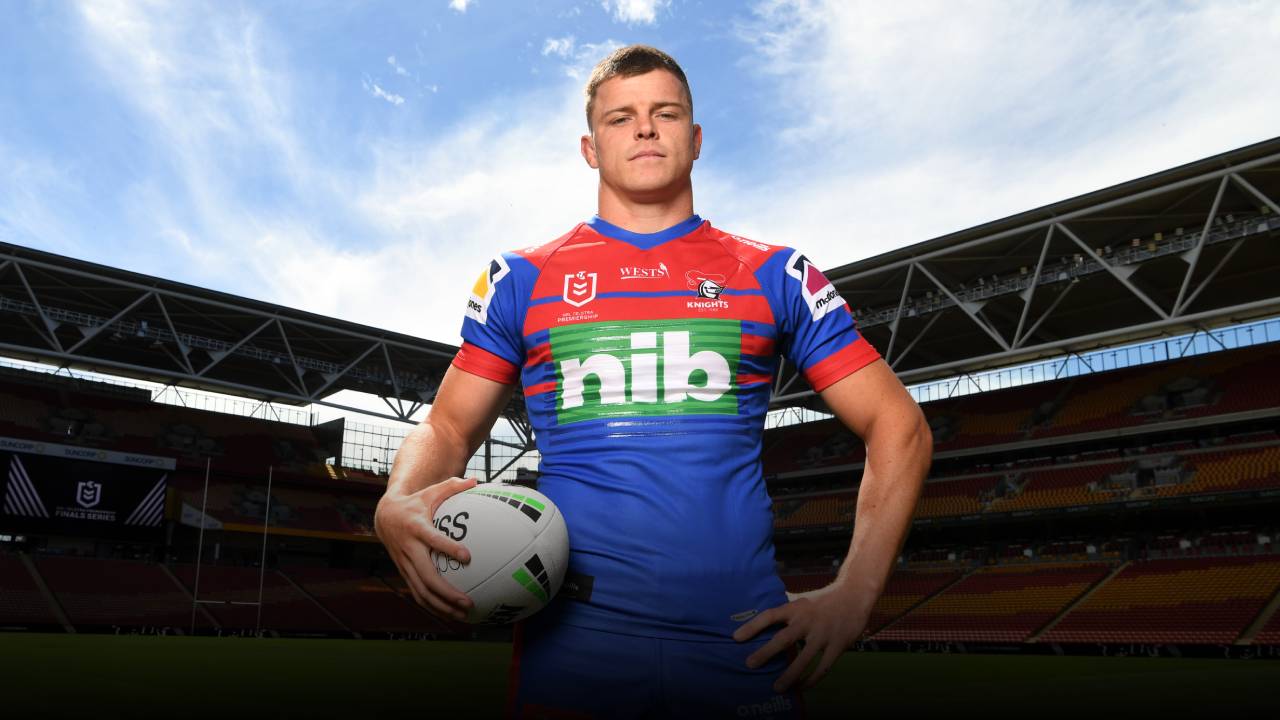
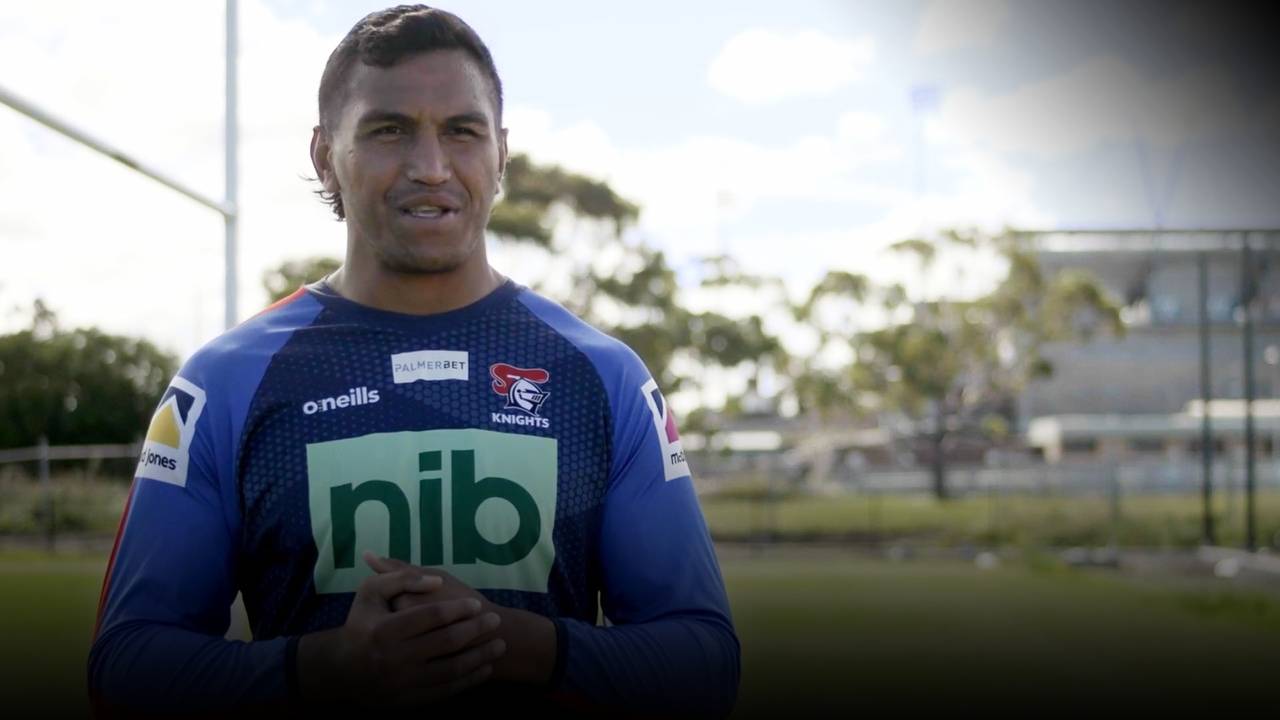
 Load More
Load More